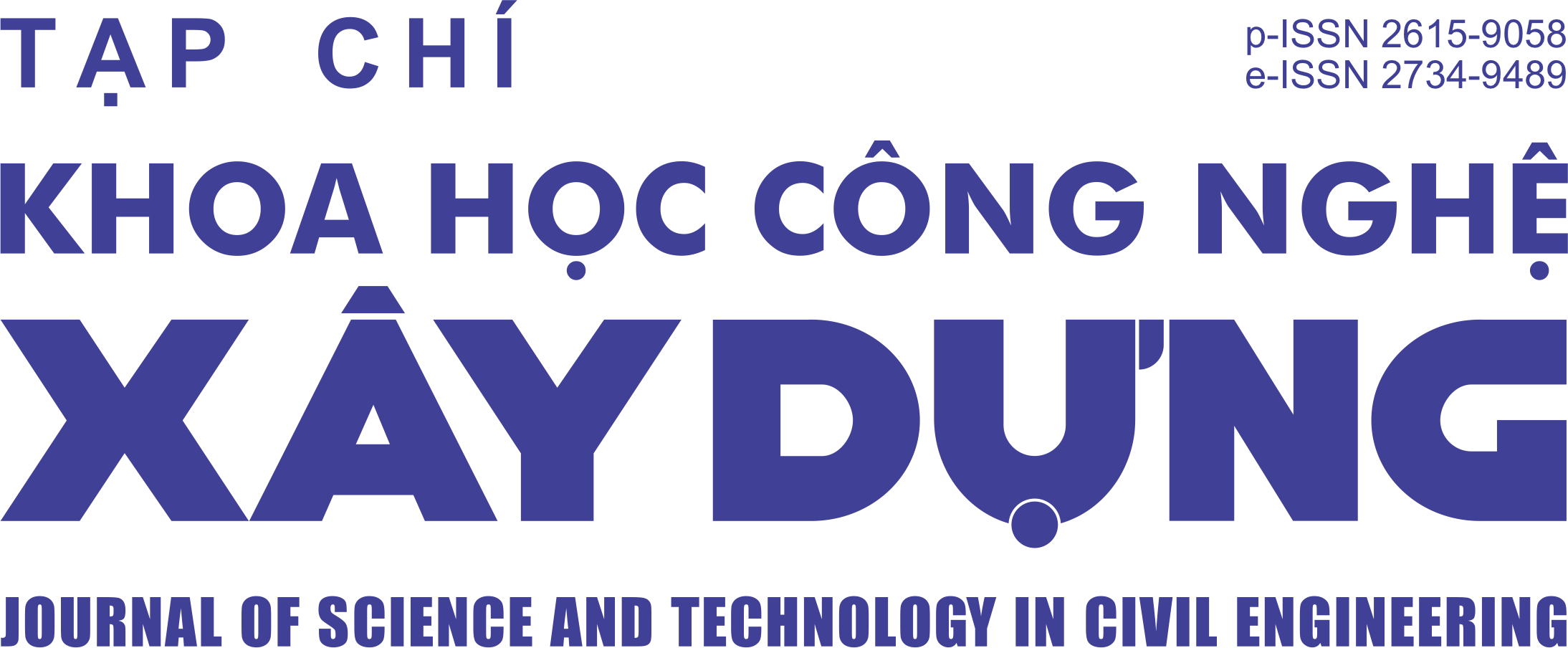Techno-economic analysis of capacitive deionization technology: An overview and case studies in Vietnam
Abstract
This paper offers a comprehensive techno-economic analysis of capacitive deionization (CDI) technology, examining its significance in water treatment. The analysis begins with a detailed elucidation of CDI principles,
emphasizing its operational framework, and delineating both advantages and limitations. A global overview
surveys the adoption of CDI across industries worldwide, comparing it with alternative water purification technologies to establish benchmarks in terms of cost, efficiency, and scalability. Central to this analysis is a robust techno-economic assessment framework for CDI, incorporating a multifaceted approach that considers capital investment, operational expenses, and maintenance costs. The paper expounds on methodologies for evaluating cost-effectiveness, providing insights into the economic feasibility of CDI implementation. Furthermore, the study delves into specific case studies within the context of Vietnam, a region facing distinct water quality challenges. Through meticulous examination, the case studies highlight the applicability of CDI in addressing Vietnam’s water issues while conducting a detailed techno-economic analysis of its implementation. Challenges hindering widespread adoption are outlined alongside opportunities for enhancing cost-effectiveness and scalability. Regulatory and policy considerations crucial for promoting CDI technology within Vietnam’s context are also addressed. The paper culminates in a forward-looking assessment, prognosticating the future trajectory of CDI technology in water treatment. Recommendations are provided to optimize CDI’s techno-economic feasibility globally, emphasizing avenues for further research and development. In summary, this paper substantiates the pivotal role of CDI in addressing water treatment challenges, underscoring its potential impact on water sustainability in Vietnam and across the globe within a comprehensive techno-economic framework.
Downloads
Copyright (c) 2024 Hanoi University of Civil Engineering

This work is licensed under a Creative Commons Attribution-NonCommercial-NoDerivatives 4.0 International License.
1. The Author assigns all copyright in and to the article (the Work) to the Journal of Science and Technology in Civil Engineering (JSTCE) – Hanoi University of Civil Engineering (HUCE), including the right to publish, republish, transmit, sell and distribute the Work in whole or in part in electronic and print editions of the Journal, in all media of expression now known or later developed.
2. By this assignment of copyright to the JSTCE, reproduction, posting, transmission, distribution or other use of the Work in whole or in part in any medium by the Author requires a full citation to the Journal, suitable in form and content as follows: title of article, authors’ names, journal title, volume, issue, year, copyright owner as specified in the Journal, DOI number. Links to the final article published on the website of the Journal are encouraged.
3. The Author and the company/employer agree that any and all copies of the final published version of the Work or any part thereof distributed or posted by them in print or electronic format as permitted herein will include the notice of copyright as stipulated in the Journal and a full citation to the Journal as published on the website.







